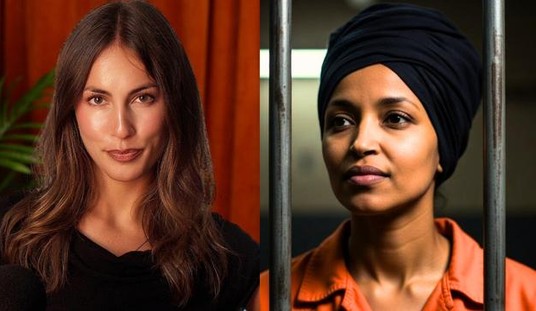Our major political parties, Democrats and Republicans, aren't the real political parties. Thomas Jefferson wrote about it in 1824:
Men by their constitutions are naturally divided into two parties: 1. Those who fear and distrust the people, and wish to draw all powers from them into the hands of the higher classes. 2. Those who identify themselves with the people, have confidence in them, cherish and consider them as the most honest and safe, although not the most wise depositary of the public interests. In every country these two parties exist, and in every one where they are free to think, speak, and write, they will declare themselves. Call them, therefore, Liberals and Serviles, Jacobins and Ultras, Whigs and Tories, Republicans and Federalists, Aristocrats and Democrats, or by whatever name you please, they are the same parties still and pursue the same object. The last one of Aristocrats and Democrats is the true one expressing the essence of all.
Of course, the words have mutated — in theory we have no aristocrats (although no one seems to have told Pelosi or the Bidens), and "Democrats" has become the name of a political party. But the observation is still correct: on the one hand, there are people who believe that they should be able to tell their inferiors what to do and who are more than willing to use political power to enforce their wishes; on the other hand are the people who think that for all their failings, the people, the hoi polloi, are better able to decide for themselves.
Along with, of course, many people who just want to be left alone.
Robert A Heinlein had a similar — if not so eloquent — observation:
"Political tags–such as royalist, communist, democrat, populist, fascist, liberal, conservative, and so forth–are never basic criteria. The human race divides politically into those who want people to be controlled and those who have no such desire. The former are idealists acting from highest motives for the greatest good of the greatest number. The latter are surly curmudgeons, suspicious and lacking in altruism. But they are more comfortable neighbors than the other sort."
In the present environment, neither "aristocrat" nor "Democrat" communicates what Jefferson meant. So what to call it? It's clearly authoritarian, but that doesn't seem strong enough. But we see this impulse being irresistible from corporate/media/government partnerships to establish limits on political speech — or worse, like the Irish parliamentarian trying to force censorship on social media — to the government assigning COVID-19 patients to old folks' homes.
There is actually a word for a system in which government and corporations cooperate to run things, always for the common good. It has a name drawn from Latin, derived from the bundle of sticks that Roman lictors carried as a symbol of authority, the fasces.










